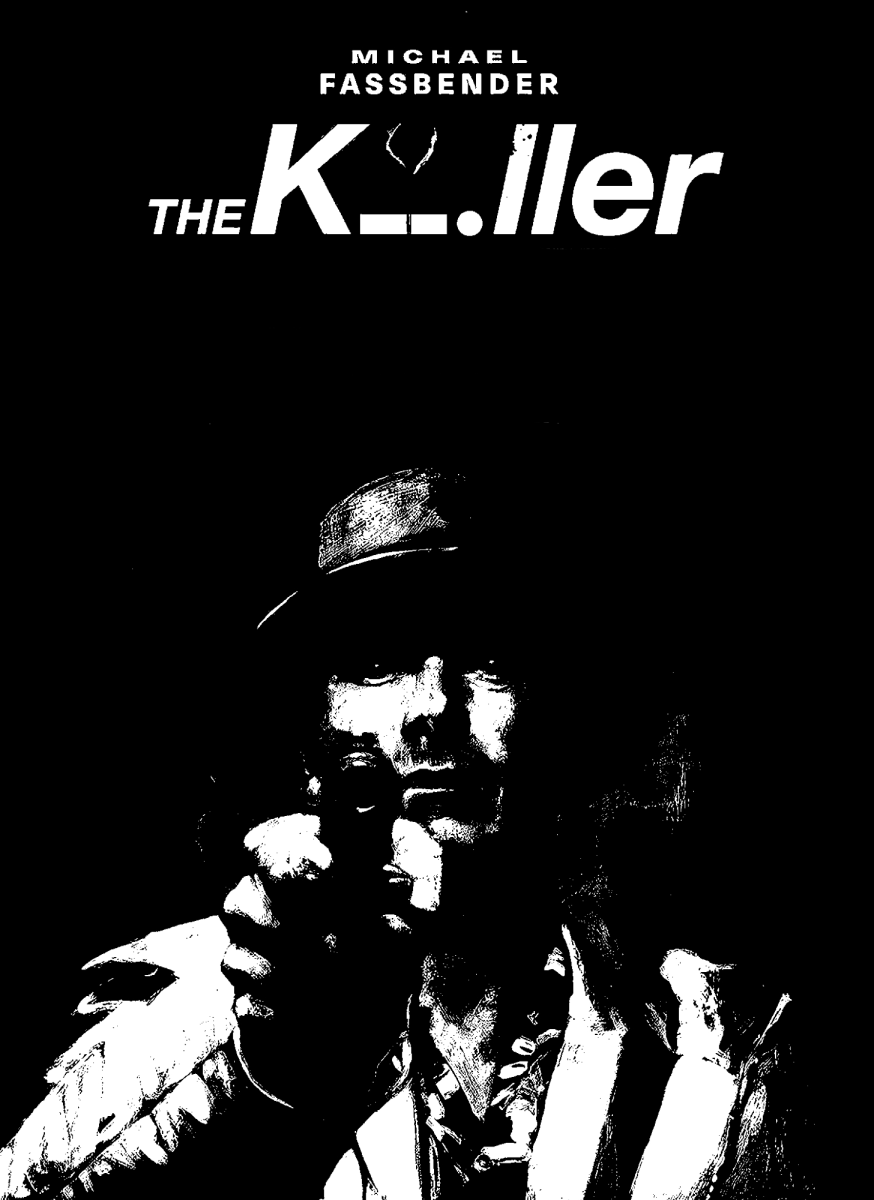David Fincher has had a long career in commercialism. His new movie, “The Killer,” feels like the next step in that lineage.
Some of Fincher’s earliest work as a director included advertisements for cars and shoes or music videos for pop music stars. He has made franchise films, like his 1992 debut “Alien 3,” and big budget adaptations of bestselling novels, like 2011’s “The Girl with the Dragon Tattoo” and 2014’s “Gone Girl.” Over the last decade, he’s had a close working relationship with Netflix, crafting the television series “Mindhunter” and “House of Cards” and directing the 2020 film “Mank,” itself iterating on “Citizen Kane.” His work is unpretentious, accessible and for-hire.
And yet, for every Nike ad or Justin Timberlake video, there is a core of commercial commentary to Fincher’s films. Fincher fuses distaste for the mass-produced within artwork that advertises it. 1999’s “Fight Club” is a staple of pop culture iconography and yet satires the dangers of ordering life from a catalog. 2010’s “The Social Network” is an Oscar-nominated film about greed and exploitative technology. It’s also about the founding of Facebook.
Fincher’s latest film is as entrenched in the tug-of-war between art and commerce as anything else in his portfolio. And yet “The Killer,” released this month on Netflix, takes the director’s career-spanning thematic narrative a step further than it’s been before.
Michael Fassbender stars as the titular character in Fincher’s thriller, which can be elevator-pitched as “a hitman wrestling with his conscience has to evade forces sent to clean up after him.” In practice, it’s much deeper than that. Fassbender’s killer is neurotically controlled. Much of the film is told in his monotone narration, consisting of mantras about repressing empathy, diatribes on the exact amount of protein he can get from an egg sandwich and analyses on the work he’s performing in real time. If that sounds boring, it’s meant to be. Fassbender’s character is plain in dress, plain in speech and plain in personality. He’s a mass-produced product, hired to accomplish an action. However, even mass-produced products can have defects.
The genius of Fincher and Fassbender’s collaboration is Fassbender’s delivery of lines that are contradicted by the action Fincher captures on camera. Fassbender’s character would like the audience to believe he is an unerring machine because he would like to believe it himself. However, the film’s opening action is the killer messing up a job that he’s telling the audience it’s impossible for him to mess up. What follows is a series of vignettes, taking the story from Paris to the Dominican Republic to New Orleans, New York, Chicago and Florida. At every step along the way, Fassbender’s character is messing up. At every juncture, he’s eating McDonald’s, sipping on Starbucks or using Amazon drop boxes. There’s a relationship between a man who describes himself in every way as average — one of the best jokes in the movie is that Fassbender’s character only listens to The Smiths — and his consumption of the most convenient, ubiquitous commercial products.
Fassbender’s killer is not average. He murders people. But it’s a dark world Fincher has rendered where an assassin can walk into the same chain coffee shop as anyone else and order caffeine to keep him awake for his next job. It’s a scathing critique of the destructiveness of modern commercialism that he can order the tools of his trade off of Amazon.
If Fassbender’s character lacks the emotional toolkit to look inside of himself, Fincher does not. “The Killer” feels like an artist grappling with over three decades of work made inside of the machine. However, like his protagonist, Fincher is a hired gun. He executes on his work and does it with precision. “The Killer” is a fun, fast ride through one man’s psyche and careens across the U.S. to his different safehouses and victims. The script is frequently hilarious, the commentary is insightful and the direction is fantastic.
Unlike his protagonist, with “The Killer,” Fincher hits his target.
Rating: 4/5 Yosefs





maggie • Nov 29, 2023 at 9:19 pm
Brilliant, Pruett! A bullseye for you!!